Edition: March 2024
Our Environmental Health and Licensing team work to ensure that our living and working environments are safe and healthy
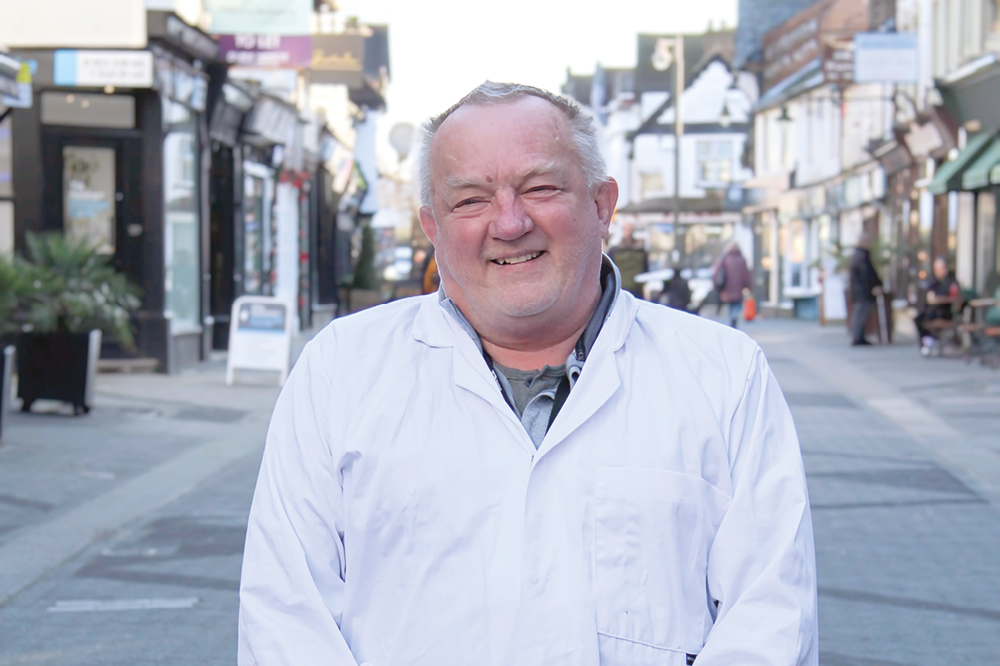
We caught up with Mark, one of our Environmental Health Practitioners. His role includes food hygiene inspections at businesses and infectious disease control.
The law requires that all food businesses are inspected. These inspections consider food hygiene, the condition and cleanliness of the premises and food safety management practices. Once inspected, a business is given a Food Hygiene Rating between 0 and 5.
Currently eight out of every ten inspected businesses within the District achieve a high grading of 4 (‘Good’) or 5 (‘Very good’). Look out for the star rating stickers in their windows.
What does a typical week look like?
“No two days are ever the same, but my week is generally arranged around business inspections as well as responding to live issues where I provide specialist advice.
Invaluable expertise
“For instance, last year we were notified of an E.coli outbreak at a farm in Surrey. That week then included compiling and sharing advice for local businesses such as nurseries with animals, petting zoos, and farm parks on the reality of the risks, reminding them of preventative measures, as well as how to correctly manage and report any issues.
What happens on an inspection?
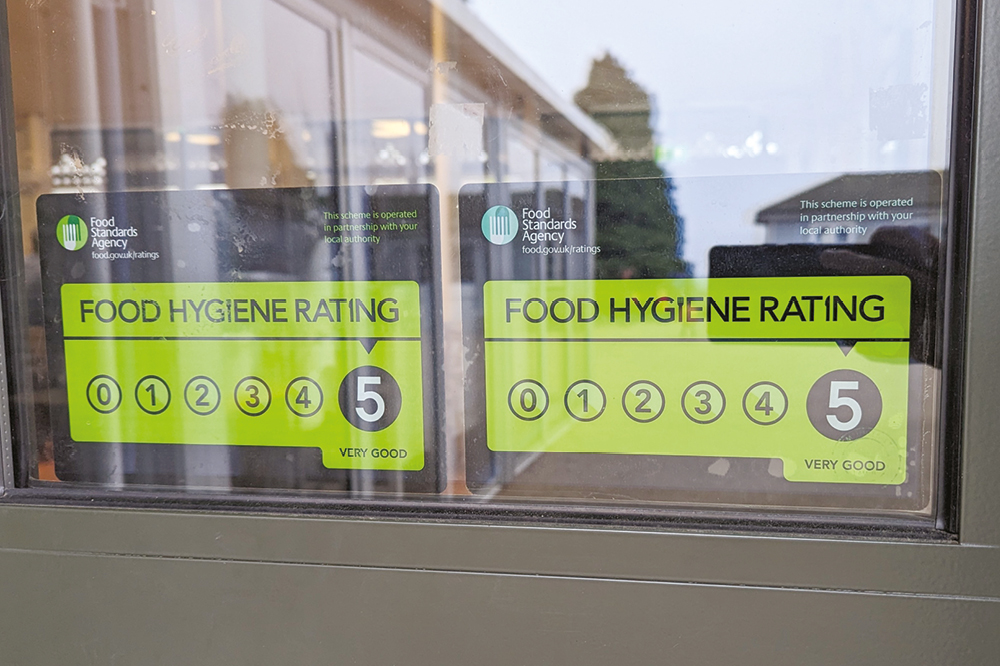
“Typically, I’d arrive at a premises with my ID and explain the purpose of the inspection visit. Initially I’d be looking to see that the nature and set up of the business matches what I am expecting. I might begin by looking for good food safety management documentation and reviewing the menus to check that their measures and controls are appropriate for the food on offer."
“I would look at the premises including the kitchen, food preparation, storage, and work areas. I also check for appropriate layout, ventilation, facilities and pest control. Things I might look out for are that their processes are being implemented effectively and that potential issues such as cross-contamination are being well managed.
“During a visit I’d want to talk to staff and be reassured that the systems are well understood right across the team. After an inspection I produce a report identifying any recommendations and advising of the rating.”
What are the best things about your job?
“The team is great. There is a strong culture of collaboration and a huge amount of experience and technical knowledge which is invaluable.
“We also do really productive partnership work with groups such as the National Craft Butchers, where we provide expert advice on complying with environmental health standards – this helps with working relationships, consistency of approach, response to legislative changes and drives up standards.
And what are the hardest parts?
“Obviously when you are dealing with businesses it can be very personal, and sometimes recommendations can be hard messages to pass on, which can result in some challenging conversations.
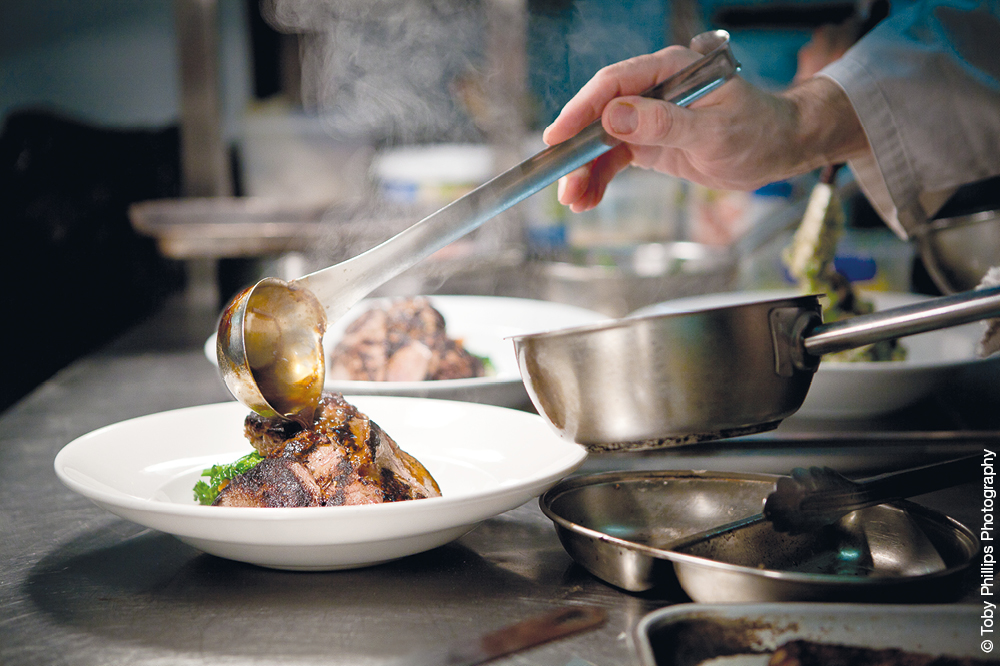
"It’s essential to be fair, impartial, and consistent. We want businesses to be safe, well managed and successful.
There are so many fantastic food businesses in the District. When you see a business work hard, take on board feedback and achieve an excellent rating it is really rewarding.”
Further Information
For more information about the services of our Environmental Health and Licensing team
Read the latest edition
You may also like

Designing a Horsham Town Centre vision together
Horsham District Council recently invited the community to share their thoughts on proposed improvements to key areas of the Town Centre.
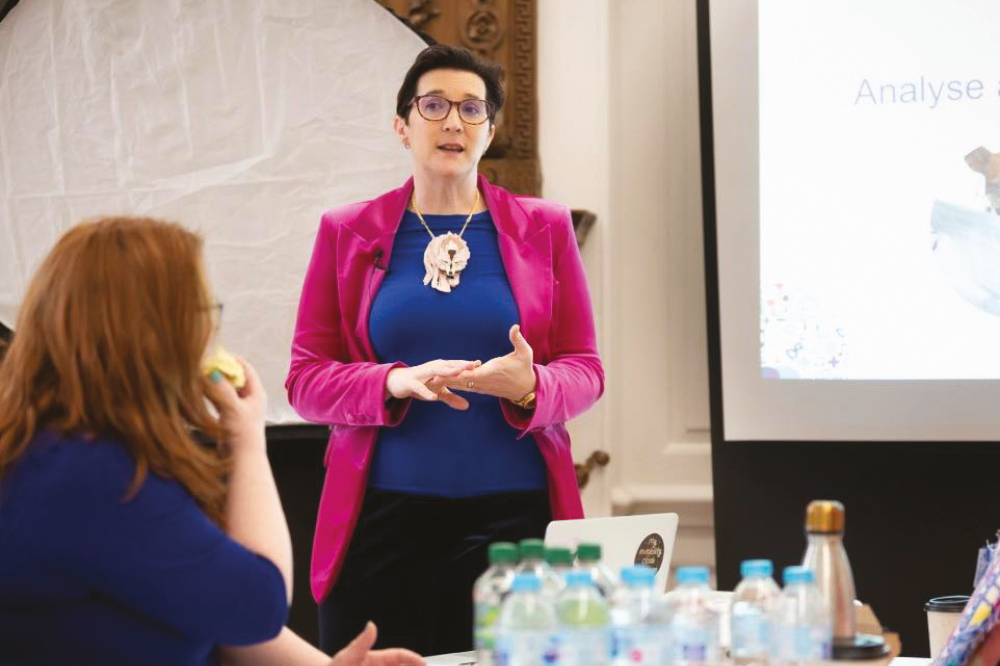
New training business opportunities
Our popular Business Training Programme will soon return in early 2026.
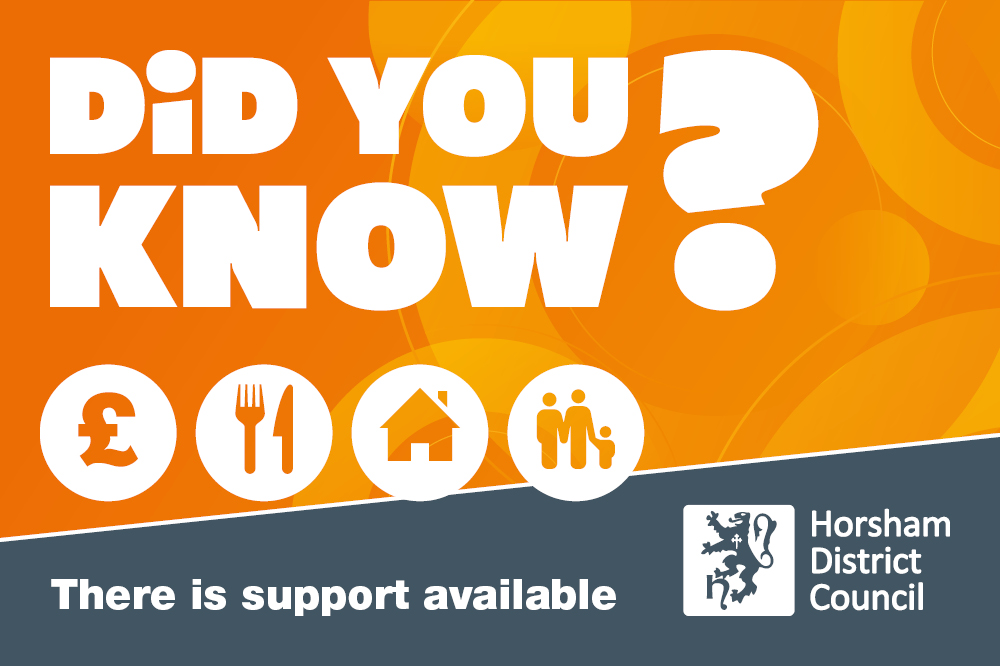
Did You Know? Pension Credit
If you are over State Pension age, you may be eligible to claim Pension Credit, even if you own your home or have savings.
